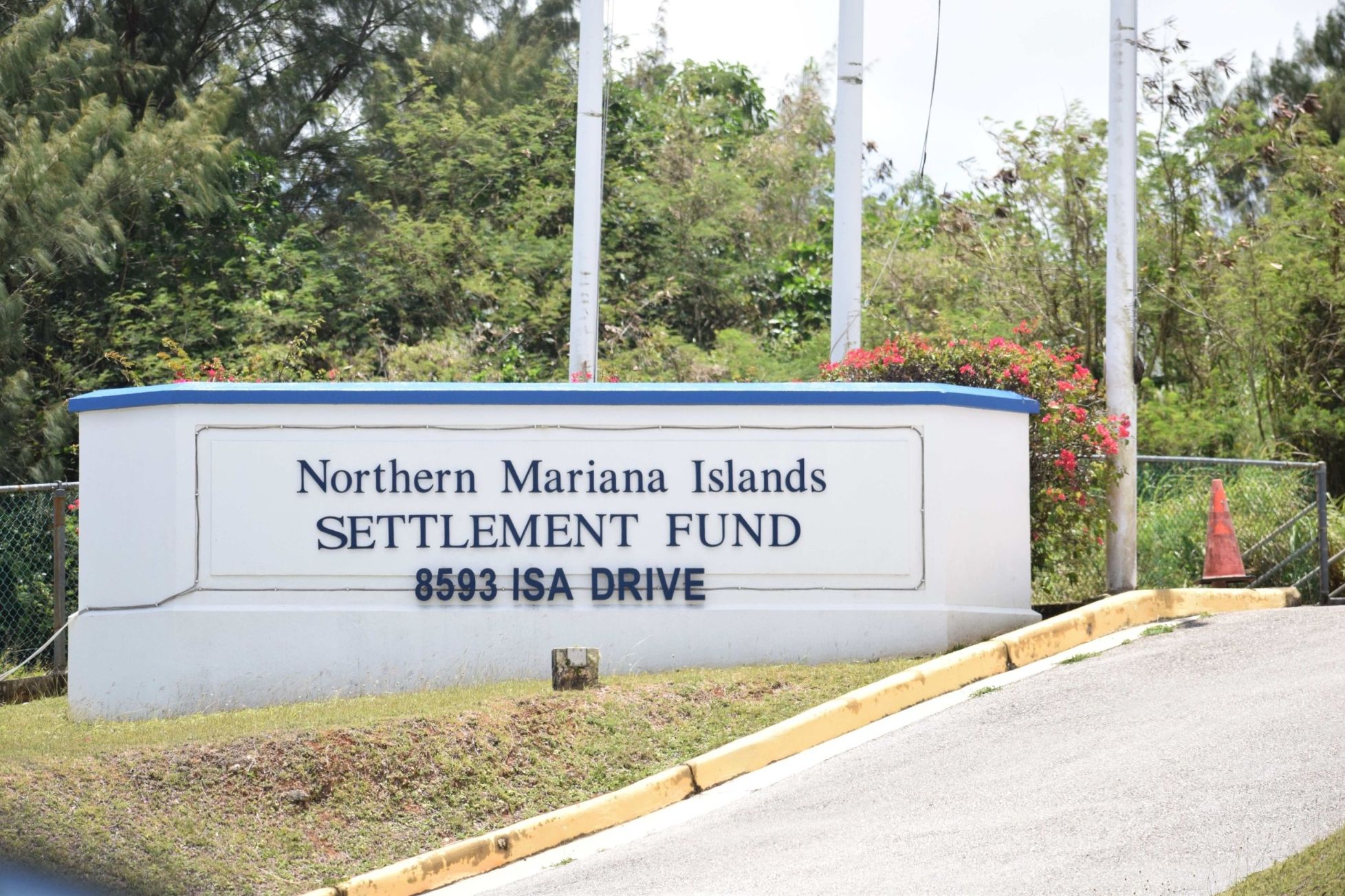GOVERNOR Juan N. Babauta has recently submitted a letter to the Legislature justifying the need to hire five qualified individuals who should receive salaries higher than the cap set by the Compensation Adjustment Act.
In the letter, Babauta certified to Senate President Paul A. Manglona, R-Rota, and House Speaker Heinz S. Hofschneider, R-Saipan, that “after diligent efforts” were made, his office was “unable to recruit qualified” professional and technical persons who will each receive the salary ceiling of $50,000 prescribed by law.
Babauta said his office failed to find qualified people within the $50,000 salary cap for the following positions: special assistant for CIP management, senior policy advisor, policy consultant to the governor, director for the Emergency Management Office and special assistant for customs, quarantine, policy and research.
“Pursuant to 1 CMC 8250(c), I hereby certify that a diligent search was unsuccessful in locating a professionally or technically qualified person to take the above referenced positions within the salary ceiling,” said the governor.
He said his office already has five qualified people who are willing to take the said positions. If the Legislature will sanction the hiring of these people consistent with the provisions of P.L. 11-41 or the existing budgetary act, Babauta said “(they) will be compensated above the salary ceiling.”
These are Charles D. Jordan, the special assistant for CIP management; Robert J. Schwalbach, senior policy advisor; Adam Turner, policy consultant to the governor, Rudolfo M. Pua, director of EMO; and Francisco I. Taitano, special assistant for customs, quarantine and policy research.
Based on their respective contracts, Jordan will receive an annual salary of $100,000; Schwalbach, $65,000; Turner, $78,000; Pua, $48,000; and Taitano, $60,000.
Babauta said each of these people are qualified to handle their jobs.
“The five individuals addressed in this certification are senior level policy advisors to the governor. All (of them) posses not only the necessary experience, credentials and knowledge required but also my personal confidence as to each of their respective integrity and ability to accomplish any task required,” he said.
Jordan, according to the governor, “is the only architect in the CNMI” that is licensed by California, Hawaii, Guam, the CNMI, the National Council of Architectural Registration Boards and the American Institute of Architecture.
Schwalbach, as shown by his “extensive resume…possesses unique and extensive public policy experience and skills far exceeding any other prospective candidate for senior policy advisor.”
Turner has “vast experience and credentials in the areas of public policy” which includes economic development, tourism development, land planning, government regulation, telecommunications and other areas.
Babauta said Turner’s expertise is “beyond compare and vitally needed” in the policy development areas of telecommunications, immigration and labor, tourism and other areas of public policy development.
Pua, he said, has both skills and experience that exceeded the requirement of an EMO director.
Babauta said Pua has responsibly handled the following positions: medical referral coordinator for the Hawaiian Liaison Office since 1985, a teacher in the public school system from 1989 to 1993, social worker III at the Department of Community and Cultural Affair’s Division of Youth Services, supervisor of the Kagman Juvenile Detention Center in 1997, acting director of youth services in 2001 until he accepted the position of EMO director.
The governor said the EMO director “is the only position compensated under $45,000 under the Commonwealth Compensation Act as amended by P.L. 11-41 despite the extraordinary level of responsibility assigned to it.”
But this level of responsibility, according to Babauta, has “greatly increased” since the Sept. 11, 2001 terrorist attack on America “without any corresponding increase in salary.”
The governor said Taitano is also qualified to receive a salary beyond the cap.










